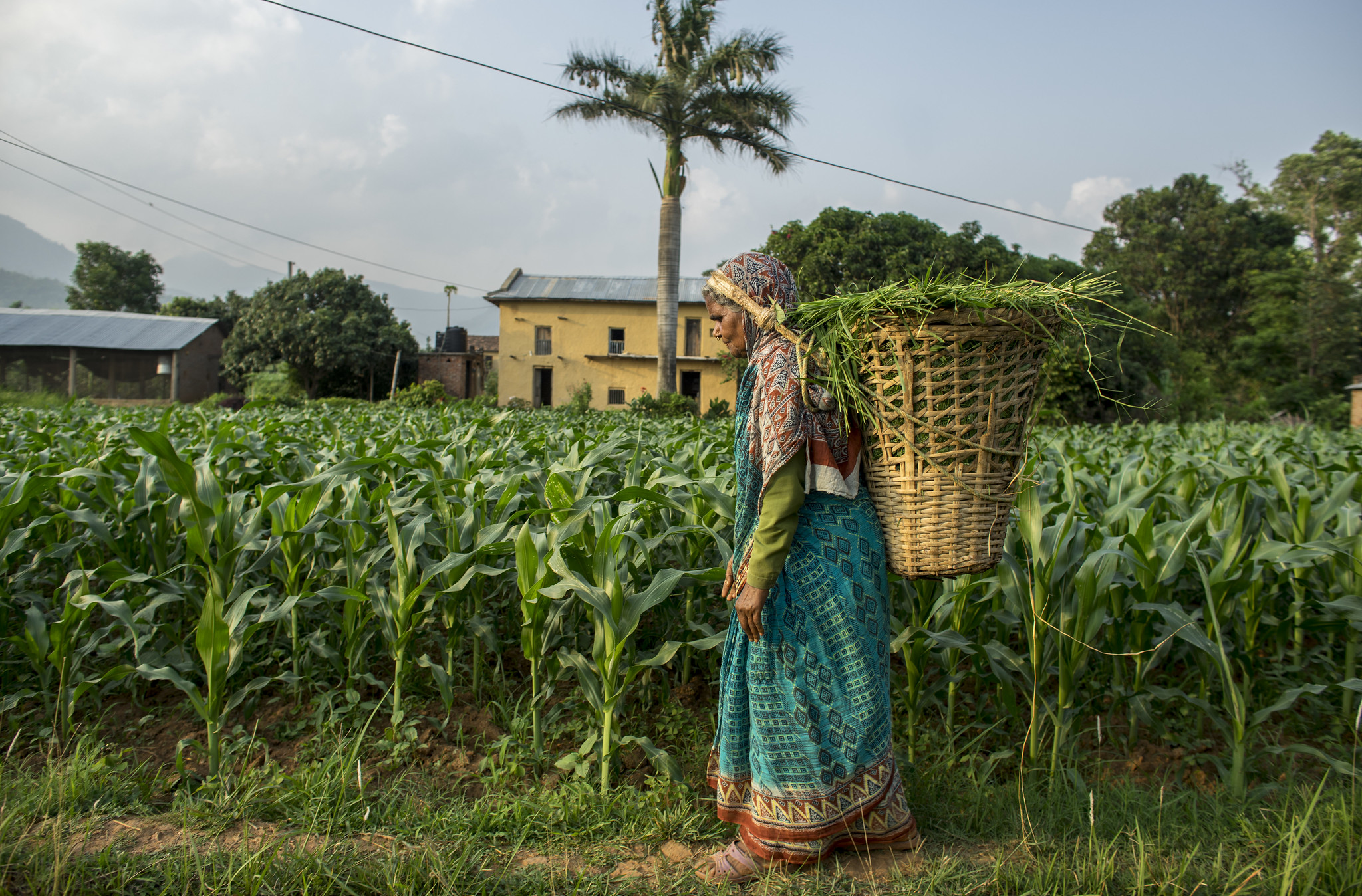The Hill Maize Research Project (HMRP), funded by the Swiss Agency for Development and Cooperation was initiated in 1999 with the objective of increasing the food security of farm families in the hills of Nepal by raising the productivity and sustainability of maize-based cropping systems. The HMRP went through three phases between 1999 and 2010, the fourth and final phase began in August 2010 and concluded in 2015. There are two key outcomes for the project.
First, farm households in the hills of Nepal, especially those belonging to women, poor and disadvantaged groups, have improved food security and income.
Second, the National Seed Board, the Nepal Agricultural Research Council and the Department of Agriculture enforce quality control in both public and private institutions.
OBJECTIVES
- Farm households in the hills of Nepal, especially of poor and disadvantaged groups, have improved food security and income.
- Available varieties and technologies are used
- Poor and disadvantaged households have increased access to quality maize seed and proven technologies
- Groups/cooperatives supply quality seeds at competitive market prices
- Poor and disadvantaged maize producing households will have access to multiple agricultural interventions for enhanced productivity
- The National Seed Board (NSB), NARC, and the DoA allow decentralization of the source seed production system
- Public and private institutions obtain seed inspection mandate and license
- CBSP/cooperatives manage supply of quality seed
- The NSB and NARC consider HMRP’s experience in variety development, certification and release system
PRINCIPAL COORDINATOR
Nirmal Gadal
